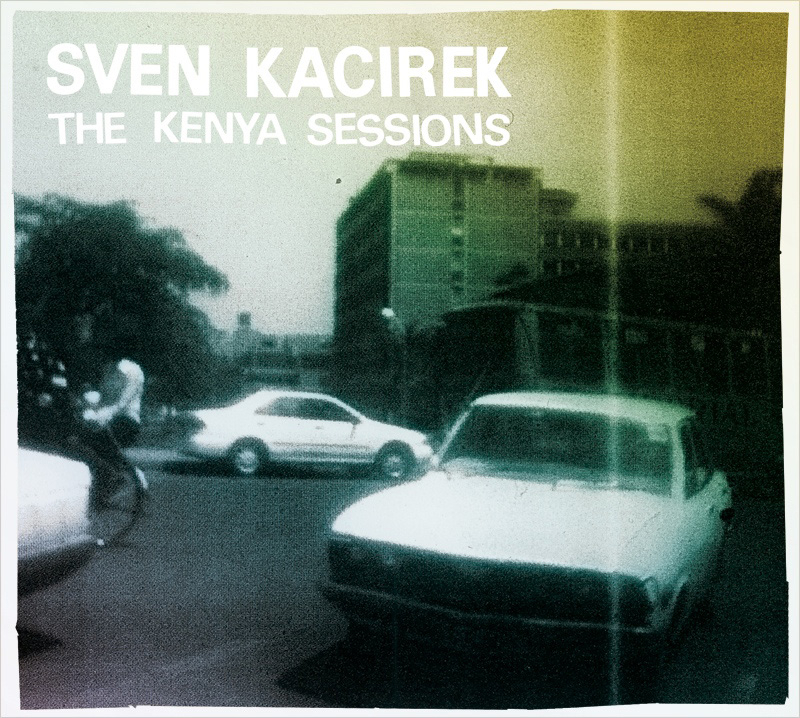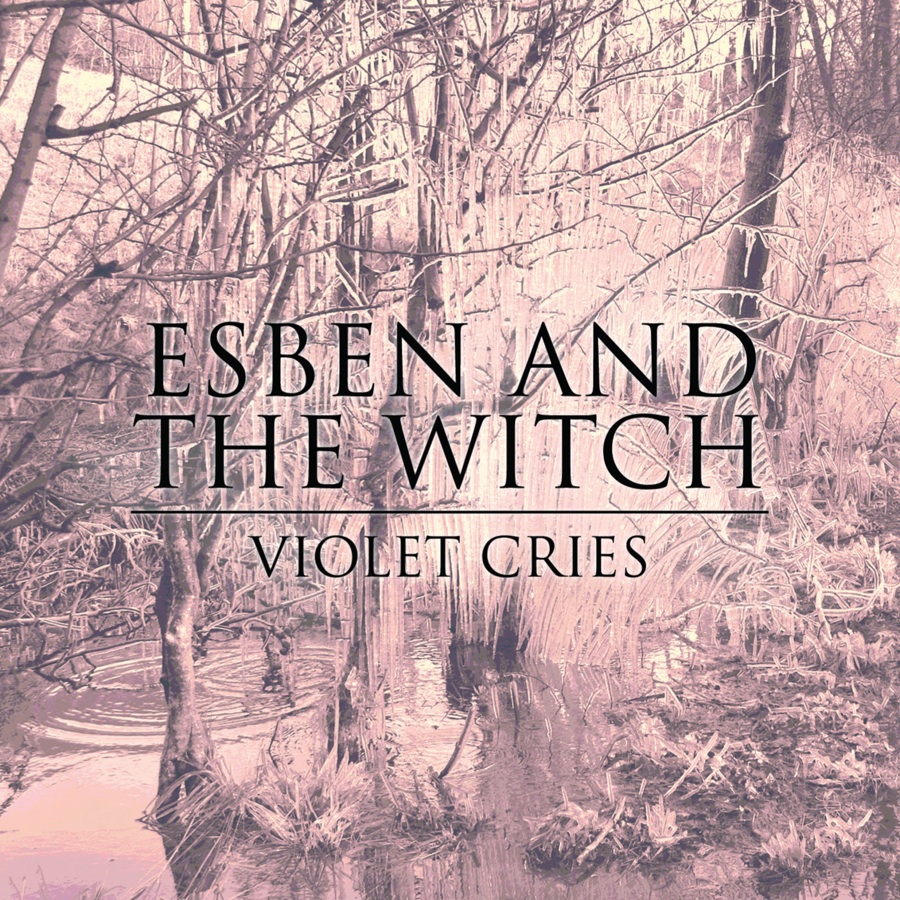When a German producer receives support from the Goethe Institute to collect field recordings in Africa and forcefully rework them into cutting-edge electronica, difficult questions are bound to come up. Are the musicians he documented being exploited, whether financially or culturally? (More…)
Author: Charlie BertschCharlie Bertsch is a teacher and writer living in Tucson, Arizona. A founding editor and regular contributor to one of the world’s first online magazines, Bad Subjects, his work has appeared in numerous publications including The Oxford American, Punk Planet, Tucson Sentinel, Phoenix New Times, Cleveland Scene, and the San Francisco Bay Guardian.
He has served as the Music Editor for Tikkun and Zeek. His essays have appeared in Let Fury Have The Hour: The Punk Rock Politics of Joe Strummer, The Anti-Capitalism Reader: Imagining a Geography of Opposition, and both Bad Subjects collections, Collective Action and Political Education for Everyday Life.
Charlie is currently at work on a book about memoir in the age of New Media.
Charlie Bertsch is a teacher and writer living in Tucson, Arizona. A founding editor and regular contributor to one of the world’s first online magazines, Bad Subjects, his work has appeared in numerous publications including The Oxford American, Punk Planet, Tucson Sentinel, Phoenix New Times, Cleveland Scene, and the San Francisco Bay Guardian.
He has served as the Music Editor for Tikkun and Zeek. His essays have appeared in Let Fury Have The Hour: The Punk Rock Politics of Joe Strummer, The Anti-Capitalism Reader: Imagining a Geography of Opposition, and both Bad Subjects collections, Collective Action and Political Education for Everyday Life.
Charlie is currently at work on a book about memoir in the age of New Media.
For an astonishing three decades, since he was only thirteen years old, Berkeley native Aaron Cometbus has been publishing the eponymous zine that, more than any other, testifies to the power of low-fi print. With personal touches like his distinctive block-capital hand lettering and bracingly honest assessment of his travels and travails, Cometbus remains a crucial bulwark in the battle against inauthentic living. Reading even a few pages is enough to put the feed-me-now mentality of our technologically oversaturated age in perspective.
(More…)
While it’s possible to listen to Violet Cries without thinking about history, the forcefulness with which Esben and the Witch invoke musical forebears makes the exercise a little perverse. Not to mention that, unlike many artists who are assigned to the mental bin labeled “Goth,” the band doesn’t shy away from the burden of association. Asked in an interview to discuss the term’s abuse, they declared “that Gothic should be revered in its greatest forms” suggesting that, while this sensibility “lends itself to a sense of the dramatic and the ostentatious,” it need not be an object of derision. (More…)



